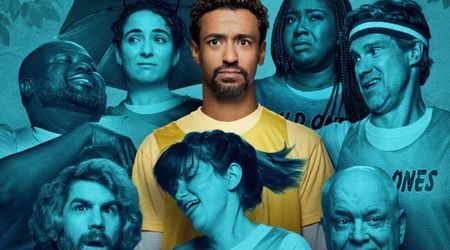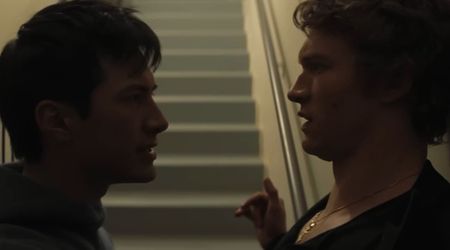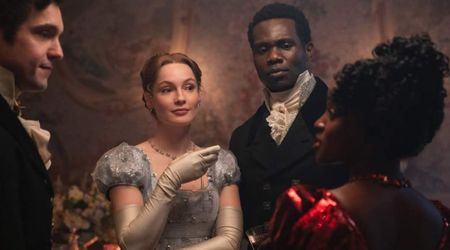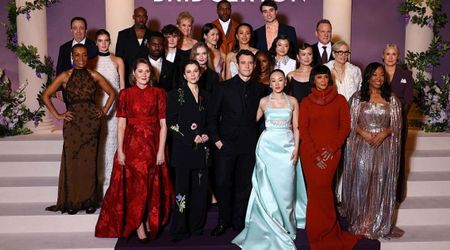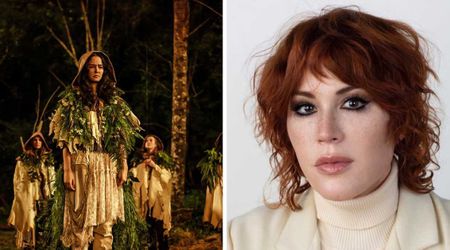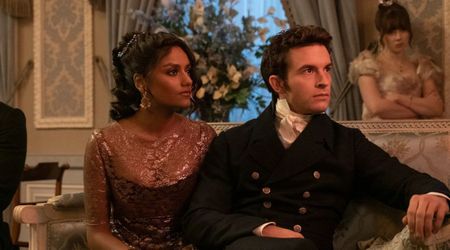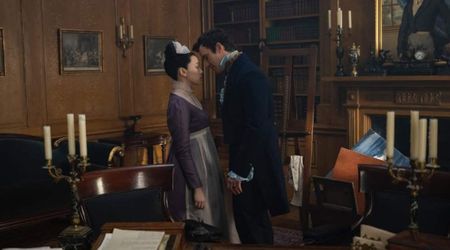'The Morning Show' Episodes 1, 2 and 3 portray the challenges women closely associated with the accused, face in the MeToo movement

Spoilers ahead for 'The Morning Show' Episodes 1, 2 and 3
Apple TV+'s 'The Morning Show' is not a retelling of one particular accusation or one particular time during the MeToo narrative. 'The Morning Show' is about what happens after an accusation has surfaced.
How does the accuser's life change and how do these accusations play a part in the lives of people who are related to the person being accused? Let's take Alex Levy (Jennifer Aniston) for instance. She is a super successful host of a morning show who has so far had an amazing run on television with her "television husband" Mitch Kessler (Steve Carell) until one day, at four in the morning, it all came crashing down.
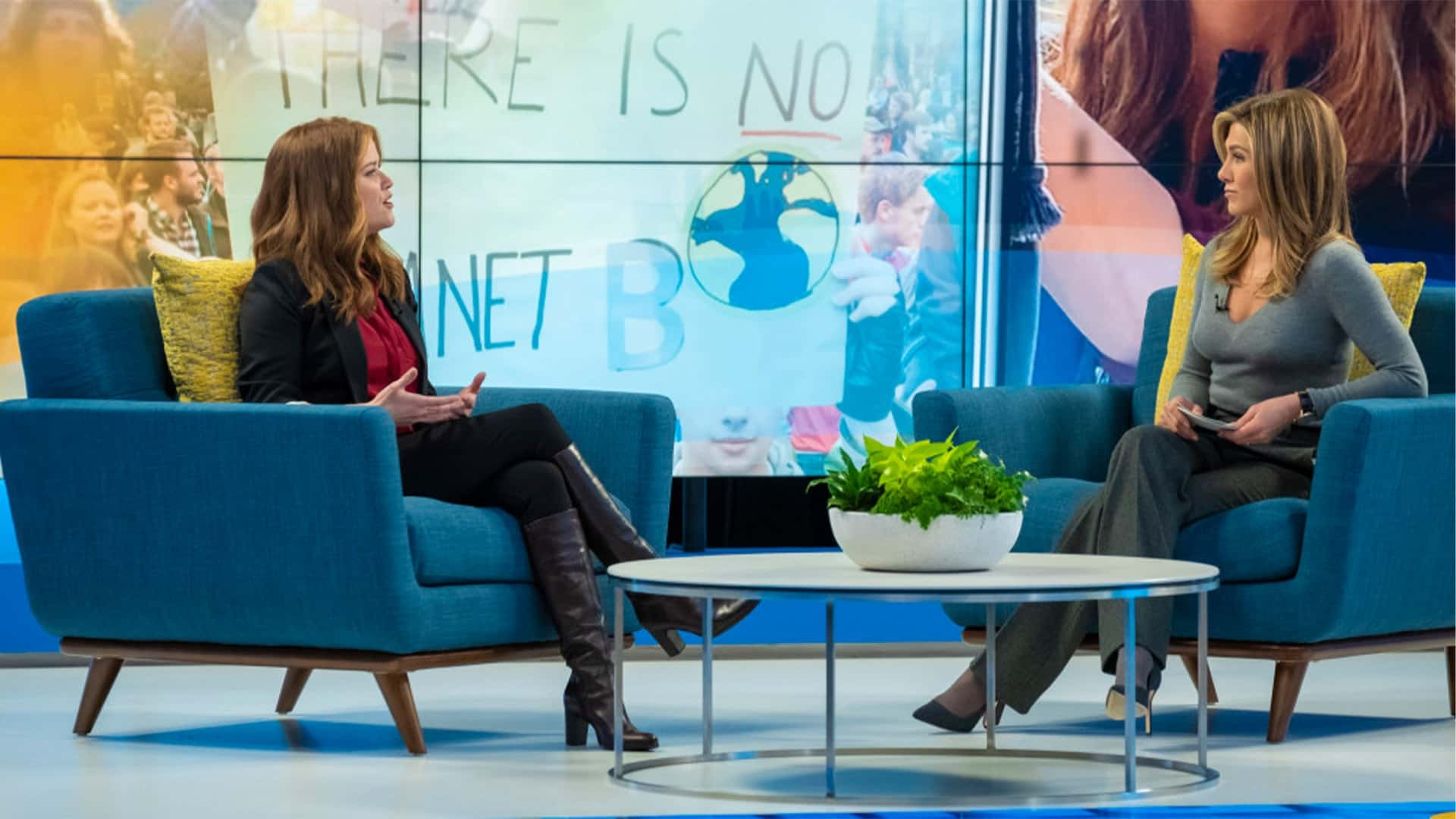
Alex comes into work one day and finds out that her co-host Mitch has been fired due to allegations of sexual misconduct by multiple women. She has to face the fact that someone who knows her life inside out, who knows her family has been named a predator.
That doesn't, however, come first. What does is, "What are we going to do about the show that has to go live in 2 hours?" Along with her producer Chip, she is at UBA's office at 5 a.m. figuring out what she would be saying with directors of the channel over a call. She takes the responsibility of giving the news to the audience and also shuts down the possibility of anyone else taking Mitch's seat.
Once she gets over the broadcast, we see all of it finally settle down when Alex takes a minute and expresses what she really feels, anger. It is not for the women who claim to be victims of sexual misconduct. It is not for the network or even for her co-host.
Alex's one worry is about becoming inconsequential in a world where individuals are "cancelled" based on their associations. Turning the spotlight on people who have to deal with the aftermath of accusations when they did not directly contribute to the toxic environment, but have enabled predators with their ignorance, is truly compelling.
This is the first reason why we should allow the show a little more time to unravel. Then there is the narrative of the man who is accused. This man, who is an entitled, selfish p**ck is painted with no remorse.
There is no element that confuses the audience about Mitch's guilt. With every argument he makes about how his "affairs were consensual", Mitch refuses to address an accusation that ironically Mitch himself had posed to another public figure who was accused and had appeared on the show.
While Mitch continues to say the affairs were just that, he forgets that his position of power may not have left the women that he slept with, in a comfortable enough space to confess disinterest. This hypocrisy is brought to play wonderfully.
Even more interesting is the way Mitch deals with being accused and fired. He turns the conversation around to how MeToo has become a puritanical movement. He wants to fight the accusers because he believes that sexual misconduct is not as serious a crime as rape.
When a woman on the street calls him a rapist, Mitch blows off steam and calls her an a*****e because he finds it insulting to be called so as it is a crime he did not commit. Mitch also truly believes MeToo accusations can be split into different parts. One where "real predators" were named and he claims "this was real bad".
Then he addresses the allegations about himself, which he believes are not as bad. When he speaks about this distinction, it is clear Mitch truly believes that he is not at fault. To paint a character such as this with no remorse or regret is compelling to watch.
Then finally, we have Bradley Jackson (Reese Witherspoon). A reporter in West Virginia who is everything that Alex isn't. She isn't calm, composed and controlled and as a result, she has been called a combination of things that include train wreck, too disagreeable, too liberal and too in-between among other things.
The monologue of Bradley in the third episode which addresses the scale by which women are judged by fellow women, men and society at large, was made for Witherspoon to play. What's compelling about this?
Contrary to all the noise around the show about it being about Alex being replaced by a younger and savvier reporter, 'The Morning Show' is about finding a true, honest voice in journalism. So, Bradley is not looking to replace Alex, but the two are hoping to lead the new generation of audiences, especially women, who will find themselves reflected on screen.
'The Morning Show' premiered with three episodes on Friday, November 1, on Apple TV+.

